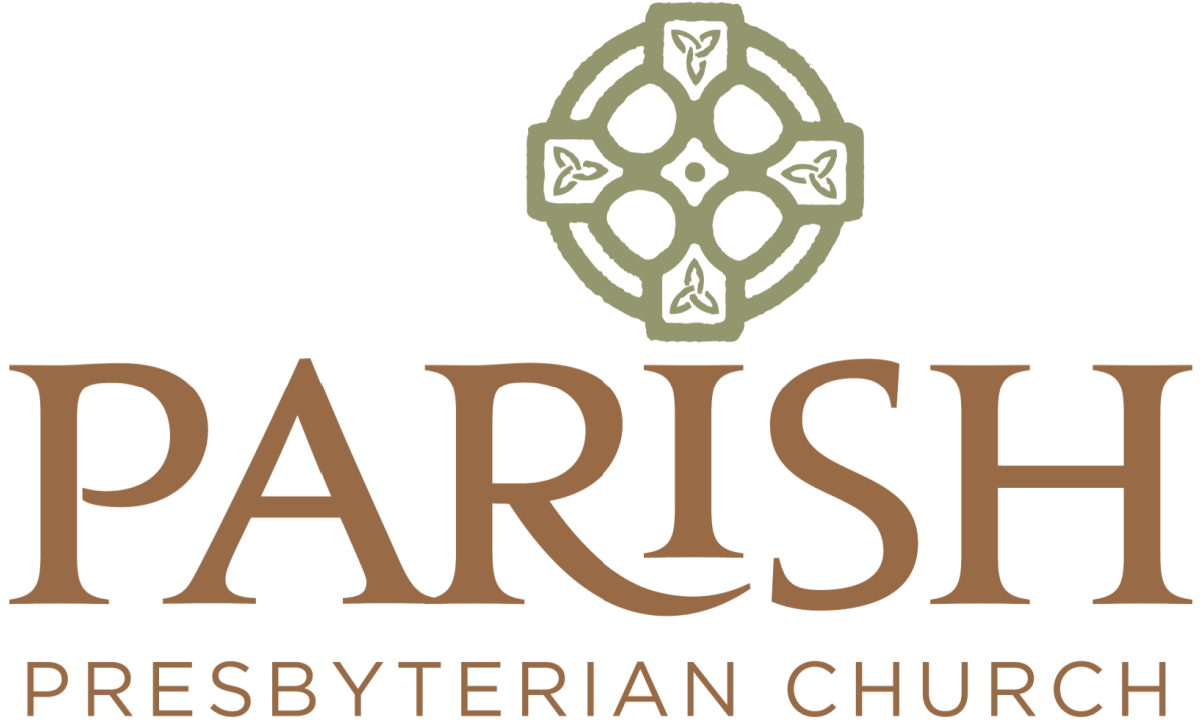Zephaniah’s prophecy opens with a declaration that the Lord “will utterly sweep away everything from the face of the earth” (Zephaniah 1:2) but ends with a gentle promise that He will bring His people in, gathering the outcasts together (Zephaniah 3:19). The surprisingly hopeful ending of the book is reflected in many of the elements in this morning’s service. We…
How appropriate that on the morning of our fall hymn sing we come to Zephaniah 3 in our sermon series. In it, the prophet commands us to sing (“Sing aloud, O daughter of Zion”) and gives us a picture of God Himself singing to us (“He will exult over you with loud singing”). Nearly every hymn and psalm in this…
Most scholars agree that Psalm 76, the psalm we’ve been singing all through the month of September, is intended to describe the miraculous defeat of Sennacherib, whose army had laid siege to Jerusalem during the reign of Hezekiah (see 2 Chronicles 32 and Isaiah 37). The angel of the Lord decimated the Assyrian forces in the night as they slept.…
Come ye thirsty, come and welcome, God’s free bounty glorify; True belief, and true repentance, every grace that brings you nigh. —Joseph Hart In the first two chapters of Zephaniah, the prophet paints a portrait of universal judgment, followed by specific woes for the wicked nations surrounding the people of God. But here in the beginning of chapter 3, we…
Passages like Zephaniah 2, in which God details the coming judgement on the enemies of Israel, tend to make contemporary readers a bit squeamish. After all, the outpouring of words and phrases like “desolation,” “woe,” “I will destroy you,” and “You shall be slain” doesn’t seem particularly winsome. But the promises that God will defend His people from their enemies…
The thirteenth century Dies irae (“Day of Wrath”) is one of the best-known hymns of the middle ages. Containing terrifying descriptions of the “tearful day” (Lacrimosa) in which the wicked are confounded (Confutatis maledictis) and consigned to “acrid flames,” this poem became a standard part of the medieval funeral liturgy. As such, it has been set to music numerous times…

